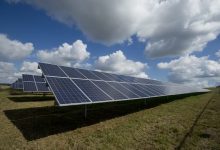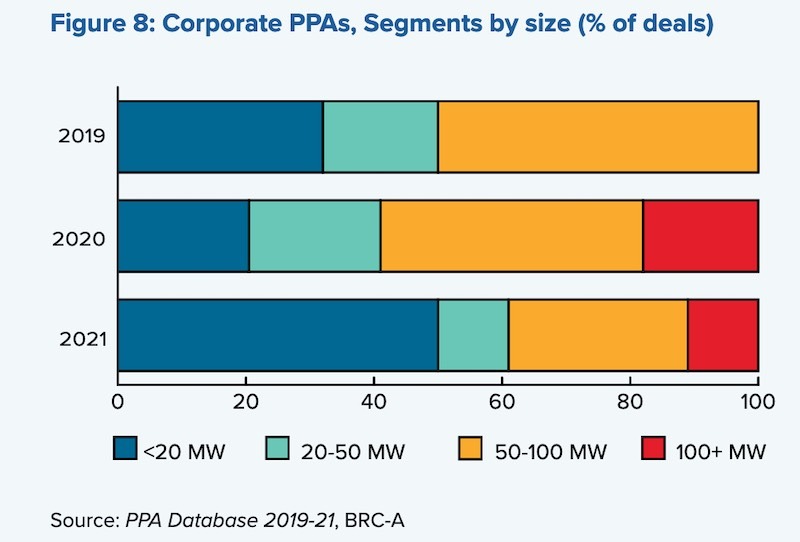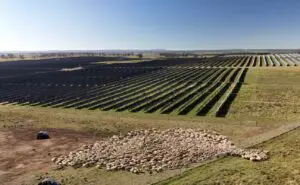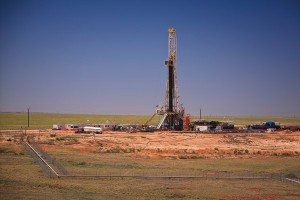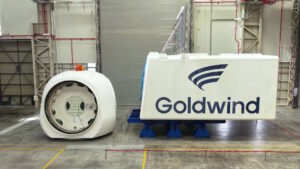Covid 19 and falling wholesale electricity prices have combined to dampen corporate demand for renewable energy offtake deals in 2021, but companies’ net-zero goals and state government allocations in renewable energy zones are expected to reignite growth, a new report has found.
The most recent State of the Market Report from the Business Renewables Centre Australia, published on Monday, counts 770MW of corporate PPAs signed in 2021 up to the end of October, almost half the record amount of the 1.3GW of new capacity that was contracted in 2020.
The BRCA says the fall in demand for corporate PPAs had come in the context of low wholesale electricity prices – driven down by solar and wind energy, but therefore lowering the incentive for businesses to lock in further cheap renewable supply – on top of a Covid and policy-driven industry slowdown.
The report said that as wholesale prices continued to fall, the PPA was now being driven by sustainability drivers, including net-zero carbon climate targets, rather than by buyers seeking relief from electricity price shocks.
In a survey conducted as part of the 2021 report, almost two-thirds of buyers nominated non-price drivers for their interest in PPAs – a pattern the BRCA says it has observed now for two years running.
Just this week NBN Co became the 111th Australian company to sign up to the global RE100 movement, committing to source 100 per cent of its electricity from renewable resources by the end of 2025, starting with an 80GWh deal.
Over the course of the year, the report says that PPAs were signed by a broad range of companies and organisations, including large resource outfits, supermarket chains, regional councils, universities and property companies.
Queensland led the market for renewable energy projects signed up to corporate PPAs, as you can see in the chart below. New South Wales and Victoria followed, but both experienced major dips in PPA-linked capacity in 2021.
And while the whole renewable energy industry has experienced somewhat of a slowdown in new projects committed, the BRCA – which is a collaboration between WWF-Australia, Climate-KIC Australia and the Institute for Sustainable Futures, University of Technology – says state REZs offer a new source of potential for corporate PPAs.
“In the context of low wholesale electricity prices and an industry slowdown, industry was positive about Renewable Energy Zones having a positive impact on Corporate PPAs,” said Chris Briggs lead author of the report and technical director of BRCA.
“There have been questions as to whether the REZs might ‘crowd out’ corporate PPAs (as projects sign up for a strike price with government and/or PPAs with retailers returning to the market). However, around 60% of developers and 70% of service providers expect the REZs to increase corporate PPAs,” Briggs said.
The State of the Market 2021 report also noted new patterns emerging in the structure of Australia’s PPA market, with a consolidation into two major segments: wholesale PPAs directly with projects for larger buyers and retail PPAs intermediated by a retailer for mid-sized buyers.
Typically, corporate PPAs have been wholesale PPAs – a financial Contract-for-Difference in which the off-taker pays a fixed price per megawatt-hour of electricity to the solar or wind farm and in return gets the revenue from the electricity sold in the wholesale market and, usually, the green certificates (LGCs).
In the past 18 months, however, there has been substantial growth in retail PPAs, where the buyer contracts electricity and/or LGCs from a solar or wind farm through the retailer, as well as for grid electricity supplied when the solar or wind farm is not generating.
The report says that the growth of retail PPAs has brought an influx of smaller, mid-sized buyers drawn into the off-site renewable energy market, while also spurring debate in the industry as to the definition of a renewable PPA and the impact of these different arrangements.
In particular, questions have arisen around whether “environmental additionality” can only be claimed by off-takers supporting new investment — or also deals that retire LGCs from operating projects to support the price for green certificates that help underpin renewable energy investment.
Major renewables announcements this year that have involved certificates only have included supermarket giant, Coles, which announced in October deals with with Origin Energy, Acciona Energía, and Engie to source large-scale generation certificates from electricity generated at wind and solar farms across Australia.
Whatever the substance of the deal, there is industry-wide consensus that corporate PPAs remain a “challenging” and time-consuming undertaking with most buyers and developers rating the degree of difficulty high or very high, compared to transaction costs rated moderate to high.
Survey participants said the major barriers to PPA execution were for the buyer organisations in understanding PPAs, as well as the internal processes required to build up the business case and organisational support. For 60 per cent of buyers, the process was said to have taken longer than 18 months.
All of that said, the 2021 report shows that the market for PPAs remains relatively healthy and promising, particularly considering the challenging economic and policy environment that has set the tone for the year.
As of the end of October 2021, there have been a grand total of 110 publicly confirmed renewable energy PPAs that have contracted more than 4GW of renewable electricity and enabled or supported over 10.5GW of project capacity.
“In a difficult environment, it’s a terrific result which highlights the on-going importance of Corporate PPAs in Australia’s energy transition,” said ARENA CEO Darren Miller in a statement on Monday.
“What the State of the Market report also shows is the resilience of Corporate PPAs – there is demand from large and smaller buyers and retailers are developing products and offers to grow the market.
“We can expect Corporate PPAs to continue to drive demand for renewable energy,” Miller said.

